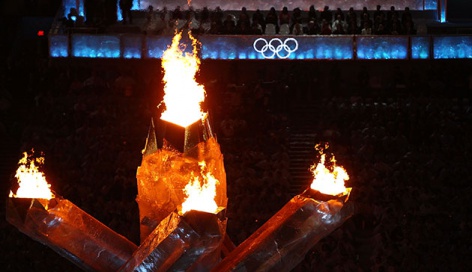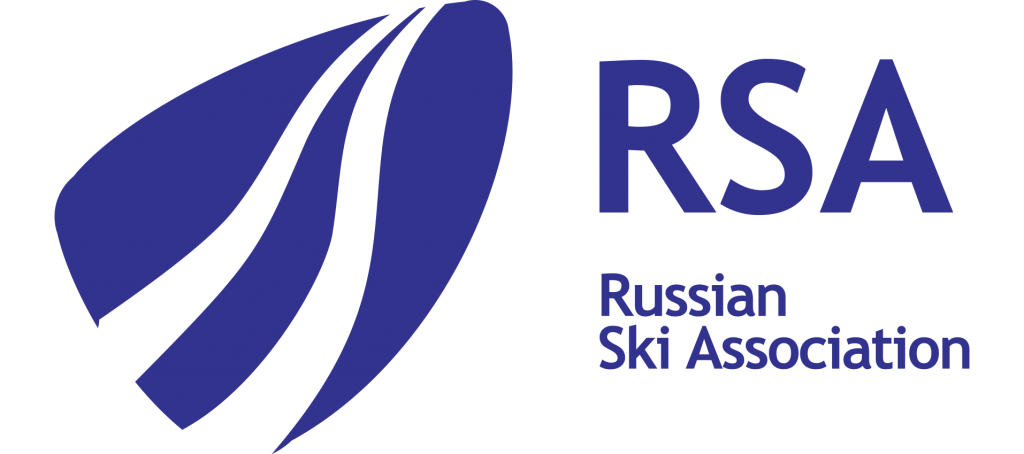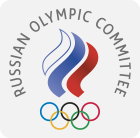
On the Way to Olympics


Vancouver 2010 takes its final bow with positive financial figures
Eleven years after winning the right to host the 2010 Olympic Winter Games, the Vancouver Organising Committee (VANOC) has released its final financial and operational report showing a positive financial outcome and no liabilities, officially bringing its activities to a close. VANOC has achieved its goal: to deliver successful Games with lasting, debt-free legacies.
The International Olympic Committee (IOC) acted as a key player in enabling VANOC to achieve this positive financial outcome as it contributed a total of USD 721 million to the Olympic Games budget. This Olympic Games budget was almost entirely privately funded, with a large contribution by the IOC from revenues received through the sale of broadcast rights and through the Olympic Partner Programme, TOP. Organising Committees then have their own revenue streams, including from national sponsors, licensing and ticket sales.
From new state-of-the art sports facilities, venues, transport and infrastructure improvements to environmental and economic benefits, Vancouver used the Olympic Winter Games as a catalyst to inspire shared pride and unity from coast to coast, and to create a number of lasting legacies.
Positive Financial Legacy
VANOC’s final financial accounting reports both revenues and expenses of approximately CAD 1.9 million, with all suppliers paid and all revenues collected. As promised in December 2010, the Olympic Winter Games in Vancouver have been concluded free of debt, and with no additional government funds needed.
Over the dissolution period, which started in 2010, VANOC settled and closed over 2,700 expenditure contracts and over 250 revenue contracts for goods and services required to stage the 2010 Olympic Winter Games.
Lasting Community Legacies
Vancouver is still benefitting from being an Olympic city thanks to the legacy plans that were put in place by VANOC, with the support of local stakeholders and the Olympic Movement.
For example, thanks to assistance from the IOC, VANOC was able to ensure that the Whistler Sport Legacies facilities were positioned to be sustainable as they transitioned to long-term operations under the ownership of a not-for-profit society.
Similar successes occurred in Vancouver as well. The Richmond Olympic Oval skating track has, for instance, been transformed into a community facility that includes an indoor track, two ice rinks, badminton courts, volleyball courts and a 2,300-square-foot fitness centre, helping get more people, especially local young people, involved in sport.
Vancouver was the first host city to set up a not-for-profit organisation during the bid process to develop lasting community legacies. 2010 Legacies Now focused on legacies in sport, the arts, literacy, environment, accessibility and volunteerism.
A Profitable Village
Last April, the City of Vancouver, in cooperation with VANOC, sold the remaining condominium units from the former Olympic Village to a private entity, enabling them not just to pay off the debt of the Olympic Village development but to make a profit of CAD 70 million, which will be re-invested into community amenities and public infrastructure.
The Olympic Village housed some 2,800 athletes and officials during 2010 Olympic Winter Games. Built on the last remaining piece of underdeveloped waterfront of the city, it was developed in such a way as to become a model community of economic, social and environmental sustainability, and has been instrumental in revitalising the waterfront neighbourhood.
The International Olympic Committee (IOC) acted as a key player in enabling VANOC to achieve this positive financial outcome as it contributed a total of USD 721 million to the Olympic Games budget. This Olympic Games budget was almost entirely privately funded, with a large contribution by the IOC from revenues received through the sale of broadcast rights and through the Olympic Partner Programme, TOP. Organising Committees then have their own revenue streams, including from national sponsors, licensing and ticket sales.
From new state-of-the art sports facilities, venues, transport and infrastructure improvements to environmental and economic benefits, Vancouver used the Olympic Winter Games as a catalyst to inspire shared pride and unity from coast to coast, and to create a number of lasting legacies.
Positive Financial Legacy
VANOC’s final financial accounting reports both revenues and expenses of approximately CAD 1.9 million, with all suppliers paid and all revenues collected. As promised in December 2010, the Olympic Winter Games in Vancouver have been concluded free of debt, and with no additional government funds needed.
Over the dissolution period, which started in 2010, VANOC settled and closed over 2,700 expenditure contracts and over 250 revenue contracts for goods and services required to stage the 2010 Olympic Winter Games.
Lasting Community Legacies
Vancouver is still benefitting from being an Olympic city thanks to the legacy plans that were put in place by VANOC, with the support of local stakeholders and the Olympic Movement.
For example, thanks to assistance from the IOC, VANOC was able to ensure that the Whistler Sport Legacies facilities were positioned to be sustainable as they transitioned to long-term operations under the ownership of a not-for-profit society.
Similar successes occurred in Vancouver as well. The Richmond Olympic Oval skating track has, for instance, been transformed into a community facility that includes an indoor track, two ice rinks, badminton courts, volleyball courts and a 2,300-square-foot fitness centre, helping get more people, especially local young people, involved in sport.
Vancouver was the first host city to set up a not-for-profit organisation during the bid process to develop lasting community legacies. 2010 Legacies Now focused on legacies in sport, the arts, literacy, environment, accessibility and volunteerism.
A Profitable Village
Last April, the City of Vancouver, in cooperation with VANOC, sold the remaining condominium units from the former Olympic Village to a private entity, enabling them not just to pay off the debt of the Olympic Village development but to make a profit of CAD 70 million, which will be re-invested into community amenities and public infrastructure.
The Olympic Village housed some 2,800 athletes and officials during 2010 Olympic Winter Games. Built on the last remaining piece of underdeveloped waterfront of the city, it was developed in such a way as to become a model community of economic, social and environmental sustainability, and has been instrumental in revitalising the waterfront neighbourhood.





